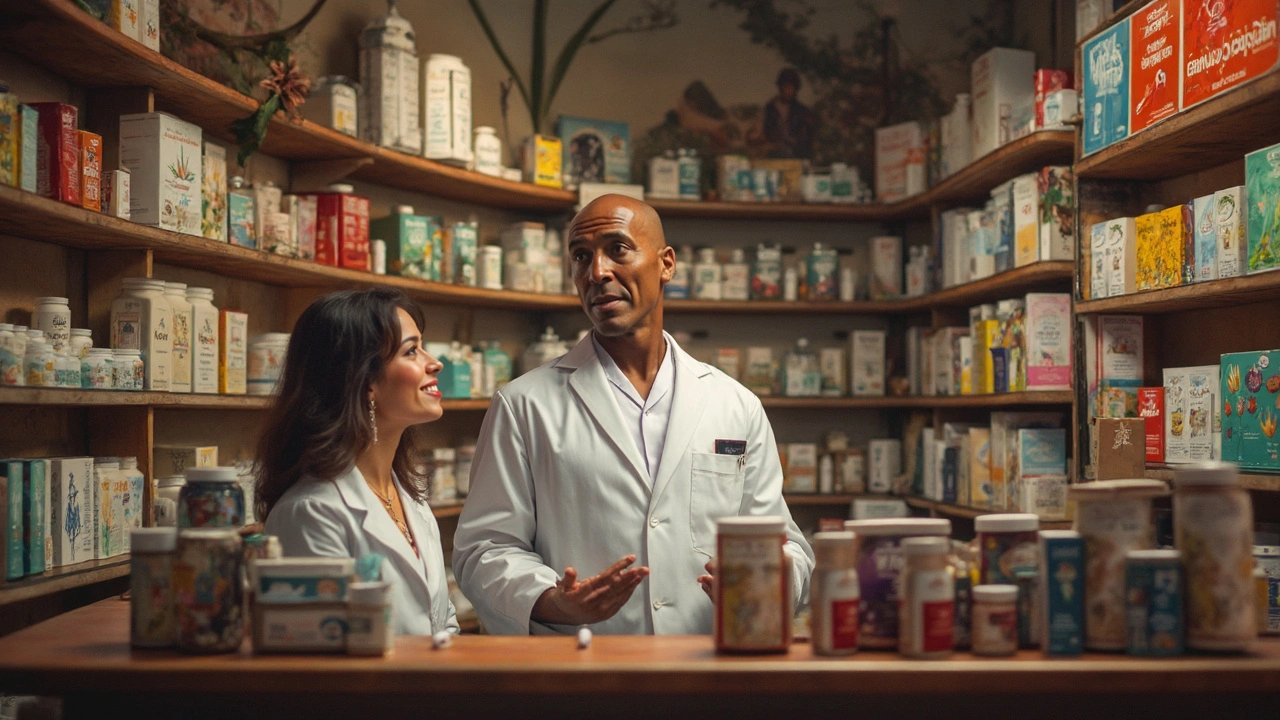DNA Supplements: What Works for Your Cells?
If you’ve ever Googled “how to keep my genes young,” you probably landed on a list of vitamins, antioxidants, and weird‑sounding compounds. The truth is, not every supplement has solid backing, but a few have enough research to earn a spot in the DNA‑support category.
First off, DNA isn’t a static code; it’s constantly being repaired, copied, and sometimes damaged by stress, UV light, or poor diet. Supplements that boost the body’s repair machinery can help keep those tiny errors from turning into bigger problems like premature aging or loss of function.
Top Science‑Backed DNA Boosters
NAD+ precursors (NMN & NR) – NAD+ is a co‑factor that powers the enzymes responsible for DNA repair. As we age, NAD+ levels drop, slowing down those repairs. Studies on mice show NMN (nicotinamide mononucleotide) and NR (nicotinamide riboside) raise NAD+, improve mitochondrial function, and even extend lifespan in some models. Most human trials report better energy and sleep quality at doses of 250‑500 mg per day.
Resveratrol – This polyphenol from red grapes activates the SIRT1 gene, which is linked to DNA stability. A daily dose of 200‑500 mg has been shown to lower oxidative stress markers and support cardiovascular health, both of which indirectly protect DNA.
Coenzyme Q10 (CoQ10) – As a powerful antioxidant inside mitochondria, CoQ10 neutralizes free radicals that could otherwise damage genetic material. Doses ranging from 100‑300 mg are common for heart support and also help keep cellular DNA safe.
How to Choose and Use DNA Supplements Safely
Start with one or two proven ingredients rather than a mega‑blend of unknowns. Check the label for third‑party testing—look for NSF, USP, or Informed‑Choice seals. Buying from reputable pharmacies or directly from manufacturers reduces the risk of counterfeit products.
Timing matters too. NAD+ precursors are best taken on an empty stomach to improve absorption, while fat‑soluble antioxidants like resveratrol and CoQ10 benefit from a meal with some healthy fats. If you’re on prescription meds, especially blood thinners or diabetes drugs, talk to your doctor before adding any supplement.
Lastly, remember that supplements complement—not replace—a balanced diet rich in leafy greens, berries, lean protein, and regular exercise. Those lifestyle basics provide the raw materials your body needs to repair DNA naturally.

The Ultimate Guide: Choosing the Best RNA and DNA Supplements
Finnegan O'Sullivan Mar 10 11Navigating the world of RNA and DNA dietary supplements can be a bit tricky, especially with so many products claiming to boost health. This guide breaks down the essentials of RNA and DNA supplements, helping you understand their benefits, how to choose the best ones, and what factors to consider. Discover the science behind these supplements, potential benefits, and whether they are right for your health needs.
More Detail